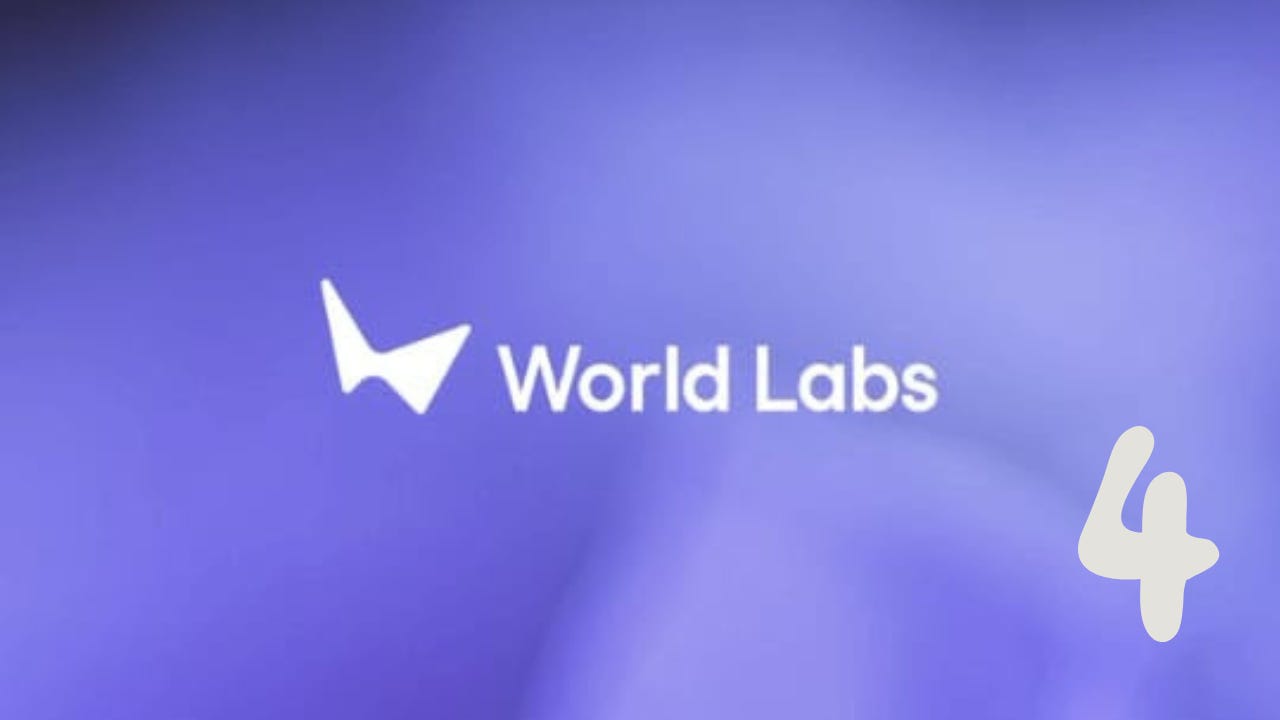🎉 Snap Spectacles, Copilot & Slack AI Upgrades, Killer Apps for AR, OpenAI's New Reasoning Model
Snap Doubles Down on AR, Microsoft Copilot and Slack Get AI Upgrades, Immersive Gen-AI AR Worlds, OpenAI's New Reasoning Model Strawberry
Welcome to this week’s edition of AImpulse, a five point summary of the most significant advancements in the world of Artificial Intelligence.
Here’s the pulse on this week’s top stories:
What’s Happening: Snap just unveiled its fifth-generation Spectacles, standalone AR glasses powered by the new Snap OS, integrating new AI capabilities and enhancing social interactions through augmented reality.
The details:
The new Spectacles feature a suite of cameras and sensors, enabling multi-modal AI, contextual understanding, and full freedom of movement while remaining lightweight and compact.
Snap OS, built specifically for Spectacles, allows users to interact with My AI, launch immersive Lenses, and extend Snapchat experiences into 3D.
Snap also launched AI-powered video and portrait generation tools, creating videos and images from a single photo to enhance creative expression.
Spectacles are available now to developers in the United States and require a $99/m subscription with a 12-month commitment.
Why it matters: While this is a major step in the right direction for boundless, cordless AR and AI devices — the 45-minute battery life and 46-degree field of view leave Spectacles with room for improvement. Regardless, Snap is pushing the boundaries of tech engineering, and it will be fascinating to see where the tech ends up in a few years.
What’s Happening: Microsoft just unveiled the next wave of Copilot, its AI assistant, introducing new features and expanding its integration across Microsoft 365 apps like Excel, PowerPoint, Teams, Outlook, Word, and OneDrive.
The details:
Copilot Pages: A new collaborative canvas for AI-assisted teamwork, enabling real-time, multi-user interaction with AI on persistent, editable content.
Copilot Agents: Advanced AI assistants that automate complex business processes, operating in the background to execute tasks autonomously.
Agent Builder: A no-code tool for creating custom Copilot agents, making AI development easier for non-technical users.
Performance Boost: Copilot responses are now twice as fast with triple the user satisfaction, powered by a GPT-4 integration.
Why it matters: Microsoft is making it easier than ever for non-technical users to add AI workflows to their suite of productivity tools. This could be the first taste of fast, intelligent, AI-powered Excel sheets and Word docs for millions of people.
What’s Happening: Slack just announced a suite of new AI-powered features, including AI agents and improved integrations with Salesforce, aimed at boosting workplace productivity and streamlining workflows.
The details:
Slack introduced Salesforce's Agentforce AI, capable of answering queries, automating tasks, and performing actions directly within Slack channels.
A new "Salesforce channel" enables users to interact with CRM data directly in Slack, eliminating the need to switch platforms.
Slack is also rolling out AI-assisted features like huddle notes (automatically generating meeting summaries), an AI Workflow Builder for creating automated tasks using natural language, and improved AI search.
The platform now offers pre-built templated channels, canvases, lists, and automated workflows for swift, tailored workspace setup.
Why it matters: Not to be outdone by Microsoft, Slack is also adding AI agents and workflows directly into its products. With over 32 million daily active users, this move embeds intelligent, AI-powered tools directly into the products that an enormous amount of people rely on daily.
What’s Happening: Fei-Fei Li, renowned AI researcher known as the “Godmother of AI”, has launched World Labs, a spatial intelligence company developing AI models capable of understanding and generating 3D environments.
The details:
World Labs is pioneering "Large World Models" (LWMs) to perceive, generate, and interact with 3D worlds, incorporating physics and semantics beyond 2D imagery.
Co-founded by Li, Justin Johnson, Christoph Lassner, and Ben Mildenhall, the startup has secured over $230 million in funding from high-profile investors, including Andreessen Horowitz.
Initial applications focus on creating and editing virtual 3D spaces for creative professionals and general users.
The team aims to bridge the gap between AI's current text-based understanding and the complex spatial relationships of the real world.
Why it matters: Right now, AI relies heavily on text descriptions provided by humans. But figuring out spatial intelligence and moving AI beyond LLMs and language could greatly impact and accelerate the development of intelligent AR/VR, robotics, architecture, game design, and much more.
What’s Happening: OpenAI has officially released ‘o1’ (internally known as Project Strawberry/Q*), its first AI model with advanced 'reasoning' capabilities now integrated into ChatGPT for Premium and Teams users.
The details:
o1 uses reinforcement learning and chain-of-thought processing to "think" before responding, mimicking human problem-solving.
It outperforms expert humans on PhD-level science questions and ranks in the 89th percentile for competitive programming.
The model also solved 83% of International Mathematics Olympiad qualifying exam problems, compared to GPT-4o's 13%.
Two versions available: o1-preview and o1-mini — which by the time of this newsletter publishing — has been rolled out to all ChatGPT Premium and Teams users.
API access is significantly more expensive than GPT-4o, at $15 per 1M input tokens and $60 per 1M output tokens.
Why it matters: OpenAI o1 is better than expert humans on PhD-level science questions. Its enhanced reasoning capabilities by "thinking" before responding will not only lead to more accurate AI responses, but opens up an entirely new world of real-world use cases for complex problems in science, coding, math, and more.






